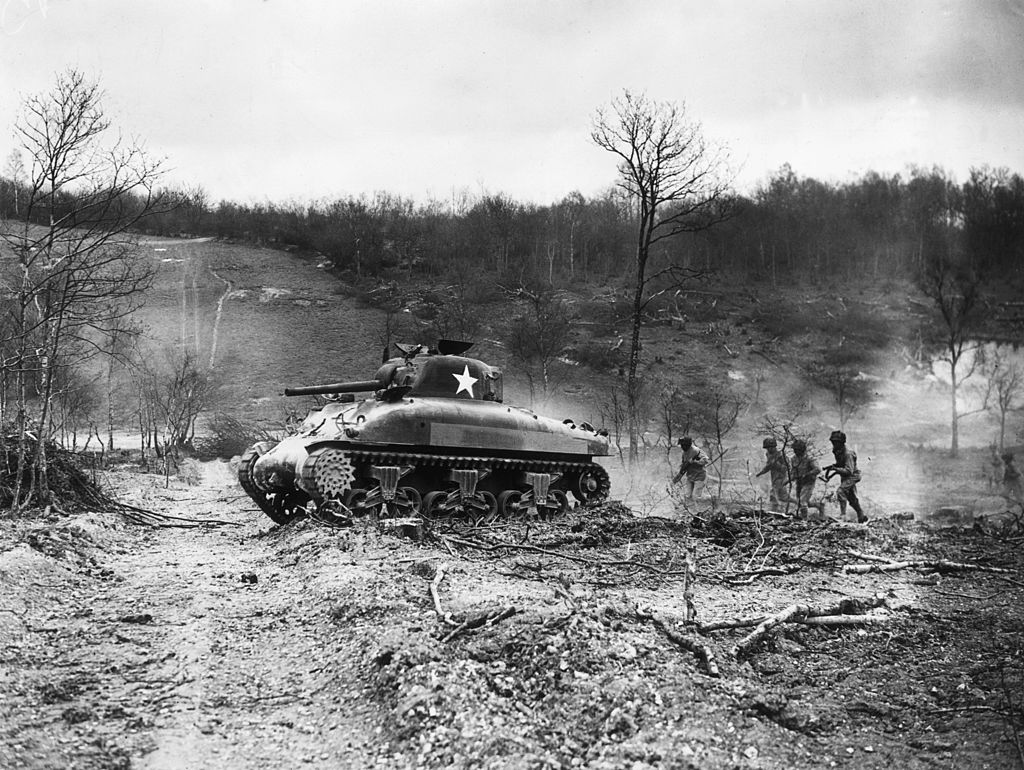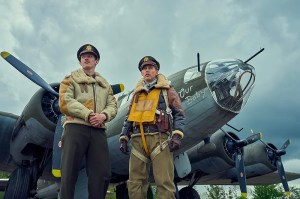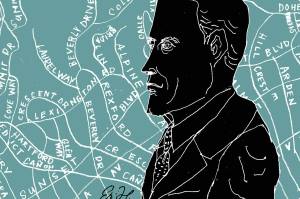With worries about inflation, the war in Ukraine, and tension over Taiwan, it’s easy for Americans to forget that we are now deep into the four-year period marking the eightieth anniversary of World War Two. Last December marked eighty years since the day of infamy at Pearl Harbor, while this June passed the date of the critical victory at Midway. In a little less than two years, it will be eight decades since the greatest invasion in history, on D-Day. Soon after will follow commemorations of Hiroshima and Nagasaki and both VE and VJ Days. Each year, living memory of that global struggle continues to fade, with the passage of both time and the Greatest Generation.
Eighty does not have the same emotional weight as fifty, seventy-five or one hundred, but it also sits squarely between living and dead memory. Even as new books on the war are published, time is erecting an impenetrable wall between us and those days. The general lack of attention paid to this anniversary reflects our inevitable, ongoing separation from the men and women of that momentous era. The next milestones will see World War Two relegated to a phantom of the past, like the settlement of Jamestown or the War of 1812. As the war passes fully into the history books, it is even more important to honor the extraordinary sacrifices of Americans and their allies to defeat Nazism and Japanese fascism, as well as to remember how the war forever transformed American life.
Thanks to one of those ironies of history, our forebears of that decade were also celebrating an anniversary whose terrible events had been slipping from their memory. We are today exactly as far removed from World War Two as Americans in the 1940s were from the Civil War. As Franklin Roosevelt, George Marshall, Ernest King, Dwight Eisenhower and Chester Nimitz planned and fought their far-flung war across two oceans, it was precisely eighty-years since Abraham Lincoln, Jefferson Davis, Ulysses S. Grant and Robert E. Lee engaged in an apocalyptic battle to determine the future of America. The twelve million Americans in uniform in World War Two were living through a more modern but just as brutal experience of combat as their nearly three million ancestors from the North and South.
Strangely, given the titanic importance of the War Between the States, there is no recording of any Roosevelt speech on the Civil War available through the FDR Library or easily discoverable presidential statement on the conflict. Though he regularly commented on historical anniversaries throughout his presidency, perhaps Roosevelt was wary of picking at any lingering scabs as a united nation prepared for battle with Germany and Japan. Or maybe he simply knew that a president should never pit Americans against each other. If he had not died just three days after the eightieth anniversary of the Confederacy’s surrender at Appomattox, perhaps Roosevelt would have made a speech commemorating the greatest war the country had ever known.
Yet even without a presidential proclamation, the sense of a disappearing past was palpable in 1945. The New York Herald Tribune, for example, headlined its story about the city’s Memorial Day parade by noting that it was the first time that no Civil War veteran would join the march, and that in New York there was then living only one survivor of the Grand Army of the Republic, Henry Washington Speight, age ninety-nine. The day before Memorial Day, Representative William Thom of Ohio somberly reminded the country that there were but 240 veterans of the Union Army left alive, averaging ninety-eight years of age. Albert Henry Woolson, the last Civil War veteran, died in August 1956. Today, there are fewer than 200,000 World War Two veterans alive, and over 200 pass away every day.
It’s become difficult to hear the stories of the Greatest Generation, just as in those in the 1940s were losing their tie to the 1860s. The passing of those who fought or kept the home front ends the direct transmission of memories, lessons, and the connection to that momentous era. Veterans of both wars served as irreplaceable guides to understanding a country in the midst of permanent change, times even more disorienting than those we face today.
The wars of the 1940s and the 1860s not only irrevocably altered the country, but also became the central experience of national life for two generations afterward. When I grew up during the 1970s, the World War Two generation was in the prime of middle-age, serving as mayors, principals, priests, rabbis, store owners, mail carriers and factory workers. Uncles and cousins who had fought in the war reluctantly told stories over holiday dinner tables while old army buddies were a feature in both family and cultural life. That same dynamic marked post-Civil War America, where veterans paraded well into the twentieth century and nearly every family remembered personal and community losses.
The study of history today has become its own battlefield, no longer uniting Americans in shared memory as it used to. But history itself continues to instruct as well as give perspective to contemporary challenges. If indeed we are living through the collapse of the post-1945 liberal order, or at least the end of America’s post-Cold War global dominance, perhaps we can take solace from remembering that the end of neither the Civil War nor World War Two meant the end of struggle. Reconstruction and Jim Crow prevented the nation from binding up its wounds, in Lincoln’s words, taking a century after Appomattox for the civil rights movement to bring America closer to its creed of equality. After Hitler’s suicide in his Berlin bunker and the Japanese surrender on the deck of the USS Missouri, the Cold War ravaged the world for another half-century.
The struggle for freedom continued for decades after the slaughter at Gettysburg and at the Bulge ended. Recommitting to that unending battle may be the best way to honor both those who sacrificed eight decades ago and those eighty years before them.


















